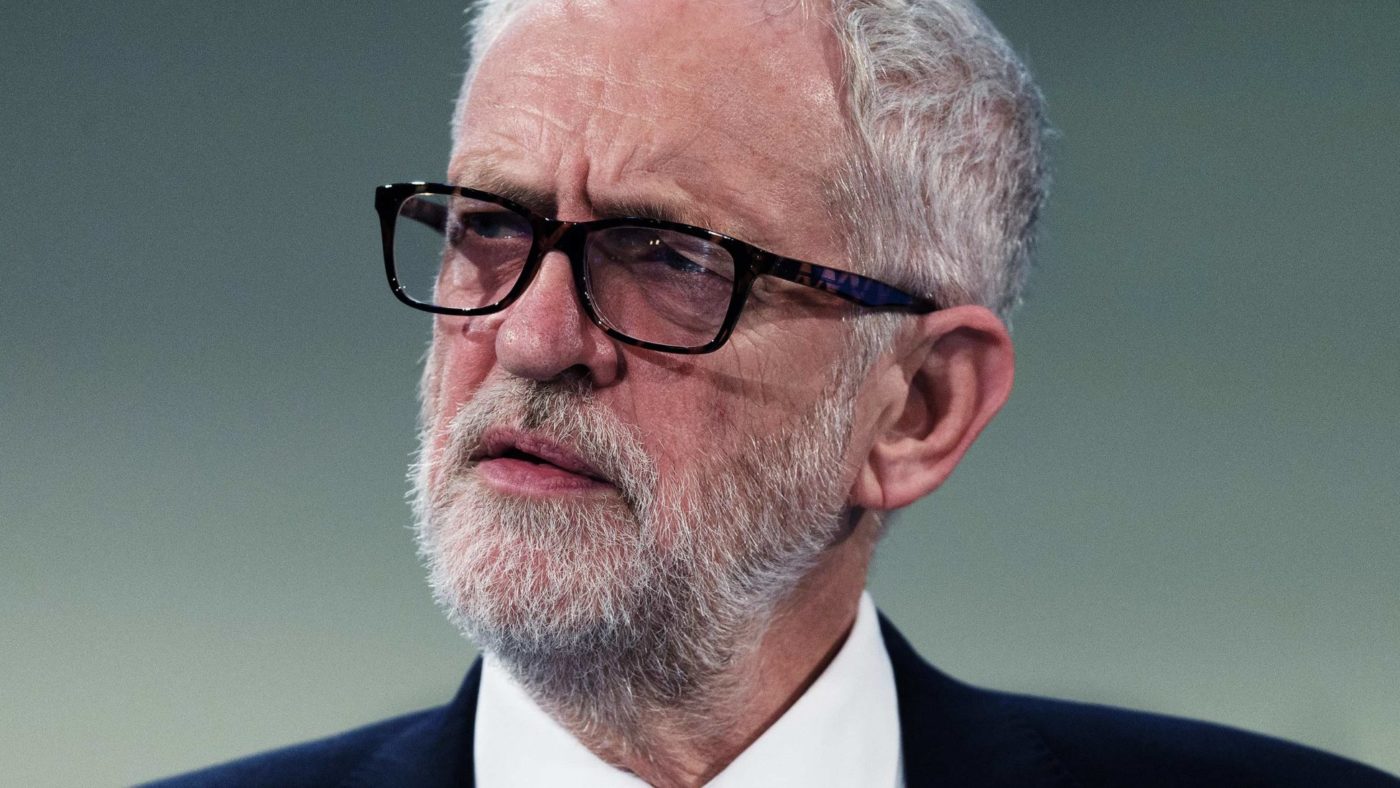A close friend of mine, when we were both teenagers, was so affected by a sermon from a local Church of Scotland minister, that he made what has proved to be a lifelong commitment to God as a consequence. Most of the details of the sermon are now lost to memory, but the gist was a description of the church as a burning bush (which also happens to be the logo of the Church of Scotland), forever consumed by the flames of internal division and yet surviving and even flourishing. Maybe you had to be there.
The same metaphor might apply to the modern Labour Party. Never in its history has it been so divided – its MPs and activists so frequently at odds, its adored leader so reviled by those same MPs and by at least some of its membership – and yet still it marches onward, retaining many of the new members who joined to support Corbyn in 2015 and coming perilously close to winning a general election.
Even now, as talk turns to a possible summer general election (made all the more likely by Theresa May’s insistence that it won’t happen), Corbyn remains a contender for Number 10, despite his public support for Venezuela (and every other banana republic around), and his obfuscation and hypocrisy over Brexit.
Most worrying, however, is that his candidacy as a potential prime minister has been virtually unaffected by the fact that he and his party have a lamentable record when it comes to anti-Semitism.
It’s hard to imagine Corbyn surviving as leader if any other minority had been subjected to the same treatment as British Jews have been by Labour Party members. If we were being unkind, we might describe anti-Semitism as the one intolerance that Labour finds tolerable.
At a meeting of Labour MPs yesterday, the party’s general secretary Jennie Formby twice said that eradicating anti-Semitism from Labour would be impossible. It is reasonable to wonder whether she and her colleagues could be trying a bit harder.
Take the case of ex-MP and local councillor Jim Sheridan, who last year stupidly wrote a Facebook post announcing that he no longer felt “respect and empathy” for the Jewish community because of “what they and their Blairite plotters are doing to my party”. In my 14 years as parliamentary colleague of Jim’s I can honestly say I never heard him utter a single anti-Semitic word. Nevertheless, what he wrote on this occasion can undoubtedly be described as such. Sheridan was immediately suspended from membership of the party but was recently readmitted without having had to face any disciplinary action other than the suspension itself.
The other recent case that is testing the tolerance of Labour MPs is that of Professor David Miller of Bristol University, whose description of Israel as “a racist endeavour” seems deliberately to challenge the International Holocaust Remembrance Alliance (IHRA) definition of anti-Semitism which Labour only very reluctantly agreed to adopt last year.
On top of these high-profile cases, we have a party establishment that is refusing, despite MPs’ demands, to release figures on the backlog of cases of antisemitism that have yet to be dealt with, despite Corbyn’s own public apology for the “hurt and pain” caused to the Jewish community by incidences of antisemitism within his party.
At what point do MPs decide that their leader’s tolerance of intolerance can no longer be tolerated?
Labour’s pride in being opposed to “all forms of racism” does not, in fact, stand up to much scrutiny. Corbyn still refuses to recognise that his accommodation of groups such as Hamas and Hezbollah – unambiguously anti-Semitic organisations who encourage their followers to kill Jews – has sent a very dangerous signal to both the Jewish community and to those who would wish it harm.
Young, enthusiastic Corbyn supporters are partial when it comes to their objection to fascism: they are only too happy to march and protest against Tommy Robinson’s English Defence League – such action reignites comforting folk memory of the Battle of Cable Street when the British left united with the Jewish community to face down Mosley’s blackshirts in 1936. But they remain oddly silent when challenged over their tolerance of the Al Quds annual festival in London, when Israel is regularly demonised and anti-Semitic terrorist organisations like Hezbollah are feted.
That fear of offending members of ethnic minority is part of the left’s – and Corbyn’s Labour’s – reluctance to challenge anti-Semitism in all its forms. Another part is the inevitable consequences of extending Labour’s already “broad church” even further to the left. Corbyn’s elevation to the leadership has made the party a comfortable refuge for a range of extreme leftist outfits who have spent their entire lives blaming the failure of their brand of revolutionary Marxism on a conspiracy by the establishment. And if you put enough conspiracists in the same room, it won’t be long before their theories have encompassed “Rothchilds” and Israel.
Labour MPs – and perhaps an increasing number of grassroots members, judging by recent newspaper reports of falling membership rolls – have spent the last three and half years complaining publicly and privately about Corbyn and his tolerance for anti-Semitism. Assuming he and his advisers are not prepared to take real action against those who, as it happens, share their leader’s obsession with Israel and who allow that obsession to turn into something far more repellent, then the time is fast approaching where motions, resolutions and off-the-record briefings will simply not be enough.
CapX depends on the generosity of its readers. If you value what we do, please consider making a donation.


